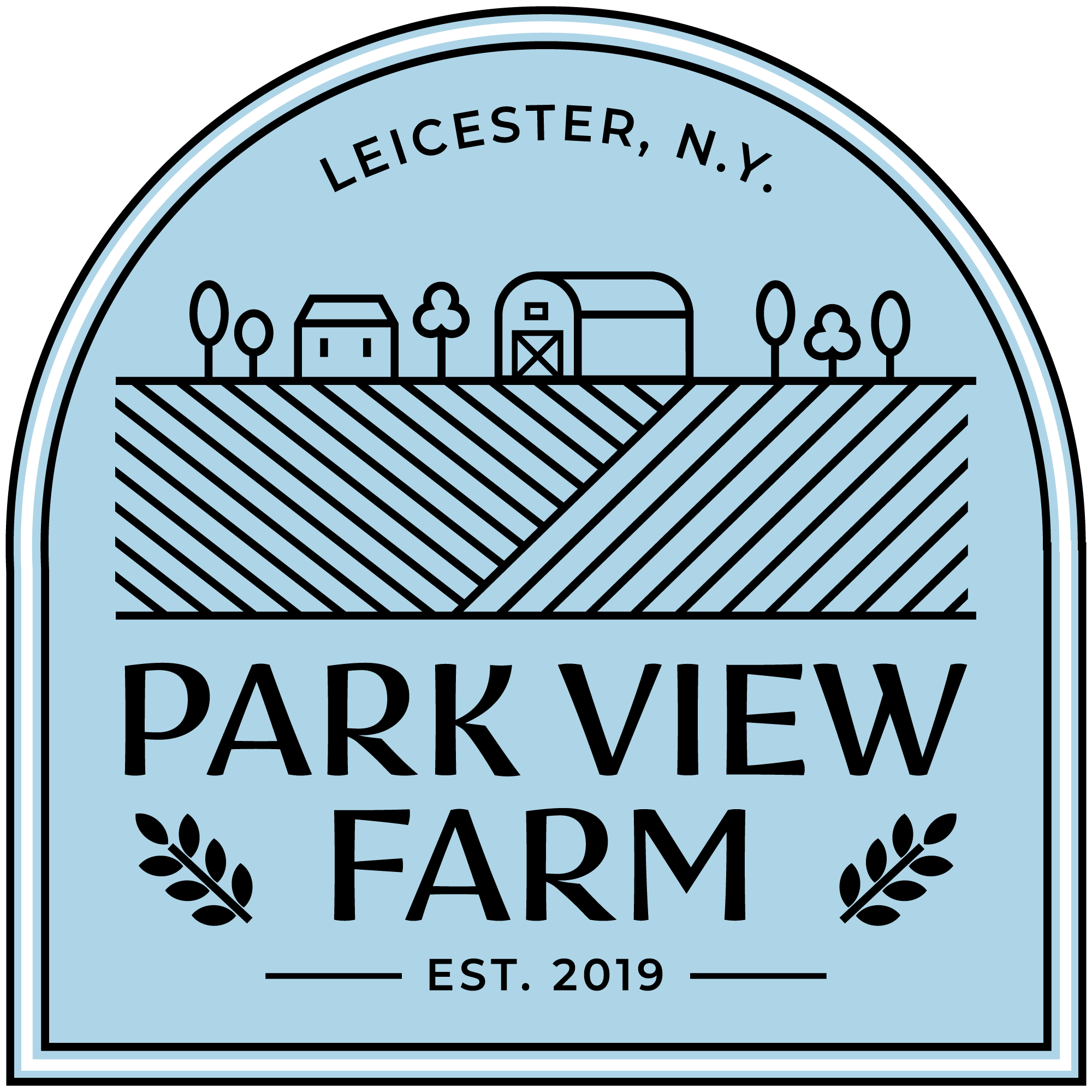Why Local Food Security Matters—Now More Than Ever
posted on
April 25, 2025

In the past few years, we’ve all witnessed empty grocery store shelves, price spikes, and delivery delays. These aren’t just inconveniences—they’re warning signs that our food system isn’t as reliable as we’d like to believe. Most Americans depend on a centralized, industrial food system that values efficiency and cheap prices over true resilience and security.
The Hidden Risks of Industrial Food
A handful of giant companies control most of the food we eat. The food you see at the store has often traveled hundreds or thousands of miles, passing through long, complex supply chains and industrial-scale processors. This creates real vulnerabilities:
-
Extreme weather and climate change—like floods, droughts, or wildfires—can knock out major production areas, leading to immediate shortages and price hikes. These climate events are happening more often and with greater severity.
-
Transportation problems—fuel shortages, labor strikes, or breakdowns—can bring shipments to a standstill, leaving communities without essentials.
-
Food safety scares: When millions of pounds of food are processed together, a single contamination can force nationwide recalls and endanger countless families.
-
Environmental damage: Industrial agriculture relies on chemicals and fossil fuels that degrade the soil, pollute water, and contribute to greenhouse gas emissions, making the climate crisis worse.
A system built for efficiency falls apart quickly in a crisis—and the challenges of climate change are only increasing that risk.
The Local Advantage: Security, Quality, and Sustainability
Local food systems provide a better way forward:
-
Shorter supply chains: Food raised and processed close to home is less likely to be delayed or disrupted. It gets to you fresher, with higher nutrition and better taste.
-
Direct accountability: When you know your farmer, you know your food. Questions get answered, and practices are transparent.
-
Real food safety: If there’s ever an issue, it can be traced and handled fast—usually before it even leaves the community.
-
Environmental stewardship: Local farms using regenerative practices rebuild soil, protect water, and increase biodiversity. Fewer food miles mean less fuel burned and a smaller carbon footprint.
When you buy from local farms, you’re investing in a food system that’s designed to withstand challenges and support your family, even when national supply chains falter.
Building a Resilient Food Future
Every time you support a local farm like Park View Farm, you help create a more secure future for everyone:
-
You get food you can trust, produced in ways that protect your health and the environment.
-
You keep dollars circulating in your local economy, supporting jobs and community resilience.
-
You help fight climate change by supporting sustainable practices and reducing reliance on long-distance transport.
Your choices matter. By choosing local, you’re part of the solution—building a decentralized, secure, and truly sustainable food system, ready for whatever tomorrow brings.



